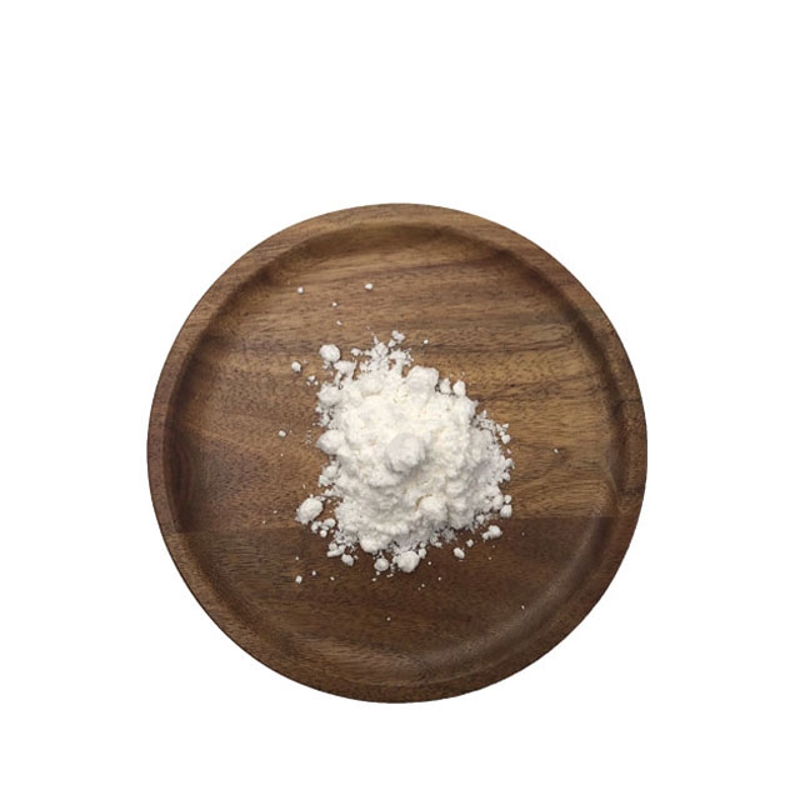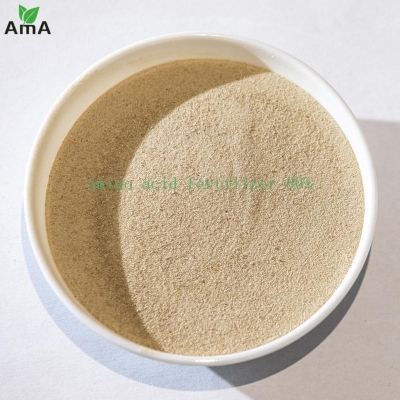-
Categories
-
Pharmaceutical Intermediates
-
Active Pharmaceutical Ingredients
-
Food Additives
- Industrial Coatings
- Agrochemicals
- Dyes and Pigments
- Surfactant
- Flavors and Fragrances
- Chemical Reagents
- Catalyst and Auxiliary
- Natural Products
- Inorganic Chemistry
-
Organic Chemistry
-
Biochemical Engineering
- Analytical Chemistry
- Cosmetic Ingredient
-
Pharmaceutical Intermediates
Promotion
ECHEMI Mall
Wholesale
Weekly Price
Exhibition
News
-
Trade Service
SWATH acquisition technology on the SCIEX TripleTOF System has rapidly become one of the important mass spectrometry acquisition strategies for analyte identification and quantification in complex samples
.
The SWATH acquisition technology strategy is enabled by the performance and speed of SCIEX TripleTOF and Quadrupole Time-of-Flight QTOF technology
.
Provide the data integrity required for your experiments through an unbiased data collection strategy that reduces the risk of missing important components in your samples
.
SWATH acquisition technology is a data-independent acquisition strategy that enables detection and quantification (MS/MSALL) of all detectable compounds in a sample
.
All detectable analytes in a sample can be fragmented by combining the high sensitivity and high-speed MS/MS acquisition only possible with SCIEX TripleTOF and QTOF hardware
.
What is the difference between SWATH acquisition technique and data dependent acquisition technique (DDA) Elute from the column and into the mass spectrometer
.
Data-dependent acquisition techniques collect MS spectra over a broad m/z range, with detected analyte peaks sorted in descending order of intensity
.
Then, trigger the MS/MS acquisition of the analyte starting at the top of the list
.
This process is repeated over a liquid phase (LC) gradient
.
A narrower Q1 isolation window is used here and only the relevant analytes are sent for MS/MS analysis
.
However, DDA has an important limitation: if a large number of analytes are eluted at the same time and the abundances of these analytes vary widely, it is very likely to encounter low levels of analytes that were not detected in the original MS spectrum, or the mass spectrometer Risk of running overtime (relatively slow due to sample complexity), resulting in failure to capture MS/MS spectra for all substances detected in MS mode
.
This results in data omission
.
SWATH Acquisition Technique (Data Independent Acquisition Technique (DIA)): In SWATH acquisition technique, the mass spectrometer does not require an initial detection of MS peaks to proceed with MS/MS analysis
.
The mass spectrometer uses a wider Q1 isolation window over the entire m/z mass detection range, allowing the collection of complete MS/MS spectra of all detectable analytes that pass through each Q1 window
.
This method queries the entire mass range within the LC time range (with a short cycle time), ensuring that you get a complete MS and MS/MS profile of every peak detectable in your sample
.
The data integrity that this technology provides
.
.
The SWATH acquisition technology strategy is enabled by the performance and speed of SCIEX TripleTOF and Quadrupole Time-of-Flight QTOF technology
.
Provide the data integrity required for your experiments through an unbiased data collection strategy that reduces the risk of missing important components in your samples
.
SWATH acquisition technology is a data-independent acquisition strategy that enables detection and quantification (MS/MSALL) of all detectable compounds in a sample
.
All detectable analytes in a sample can be fragmented by combining the high sensitivity and high-speed MS/MS acquisition only possible with SCIEX TripleTOF and QTOF hardware
.
What is the difference between SWATH acquisition technique and data dependent acquisition technique (DDA) Elute from the column and into the mass spectrometer
.
Data-dependent acquisition techniques collect MS spectra over a broad m/z range, with detected analyte peaks sorted in descending order of intensity
.
Then, trigger the MS/MS acquisition of the analyte starting at the top of the list
.
This process is repeated over a liquid phase (LC) gradient
.
A narrower Q1 isolation window is used here and only the relevant analytes are sent for MS/MS analysis
.
However, DDA has an important limitation: if a large number of analytes are eluted at the same time and the abundances of these analytes vary widely, it is very likely to encounter low levels of analytes that were not detected in the original MS spectrum, or the mass spectrometer Risk of running overtime (relatively slow due to sample complexity), resulting in failure to capture MS/MS spectra for all substances detected in MS mode
.
This results in data omission
.
SWATH Acquisition Technique (Data Independent Acquisition Technique (DIA)): In SWATH acquisition technique, the mass spectrometer does not require an initial detection of MS peaks to proceed with MS/MS analysis
.
The mass spectrometer uses a wider Q1 isolation window over the entire m/z mass detection range, allowing the collection of complete MS/MS spectra of all detectable analytes that pass through each Q1 window
.
This method queries the entire mass range within the LC time range (with a short cycle time), ensuring that you get a complete MS and MS/MS profile of every peak detectable in your sample
.
The data integrity that this technology provides
.







